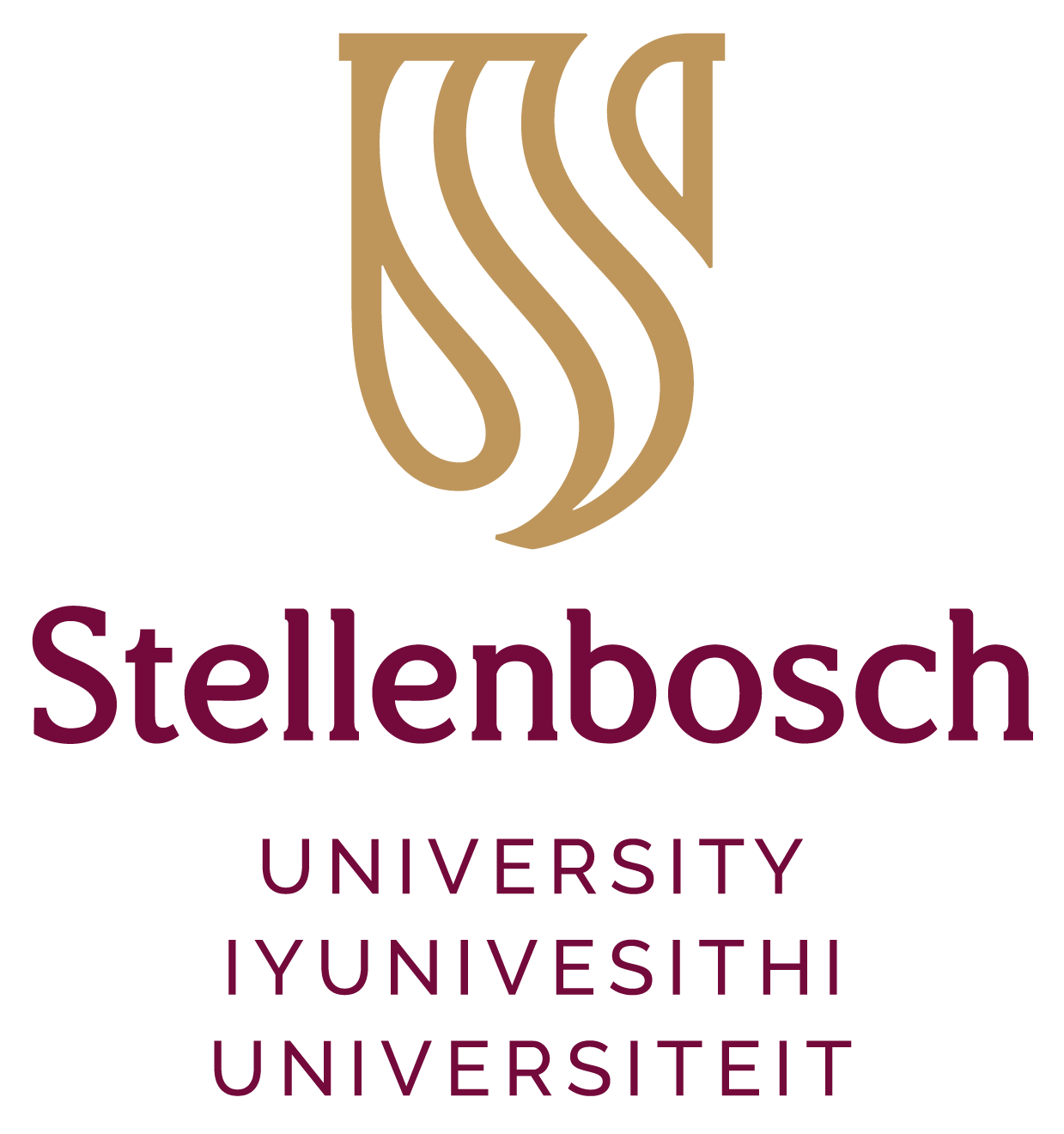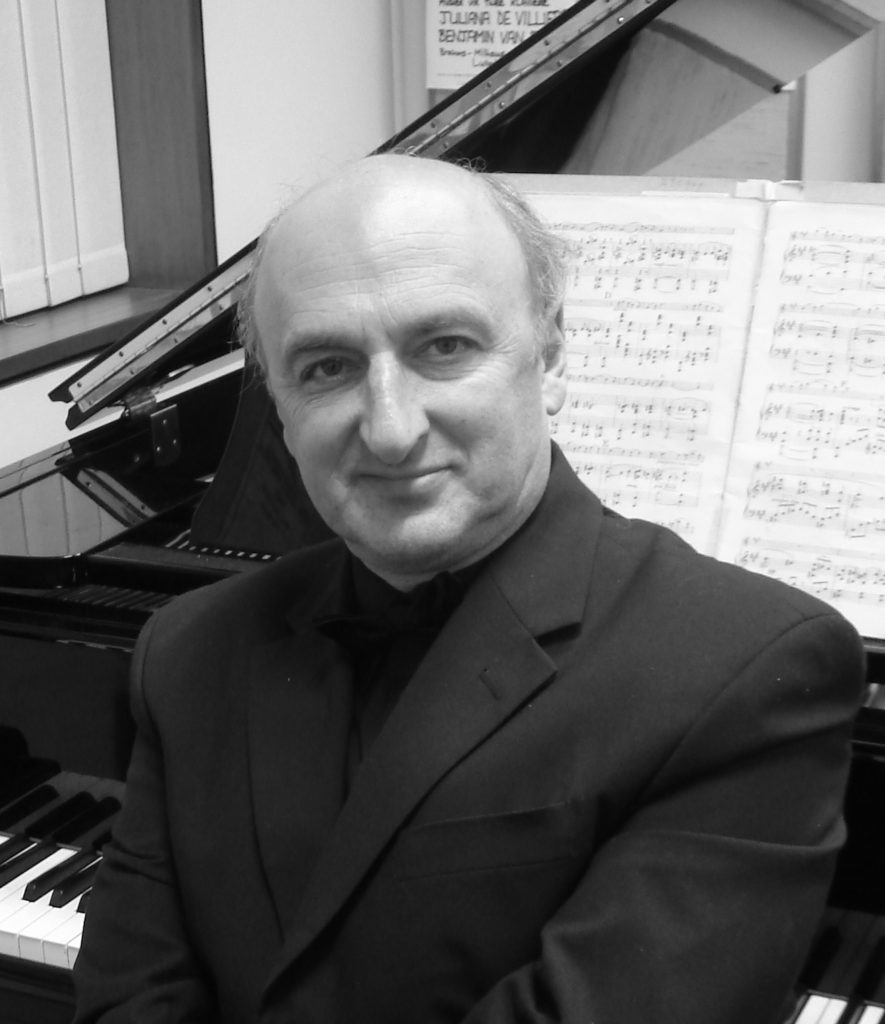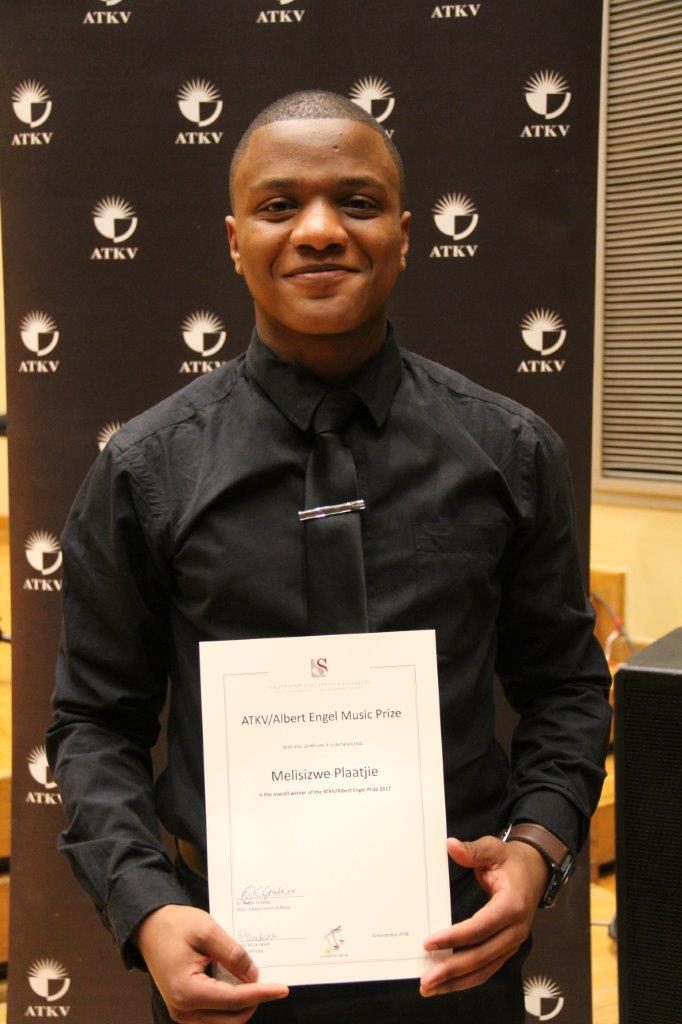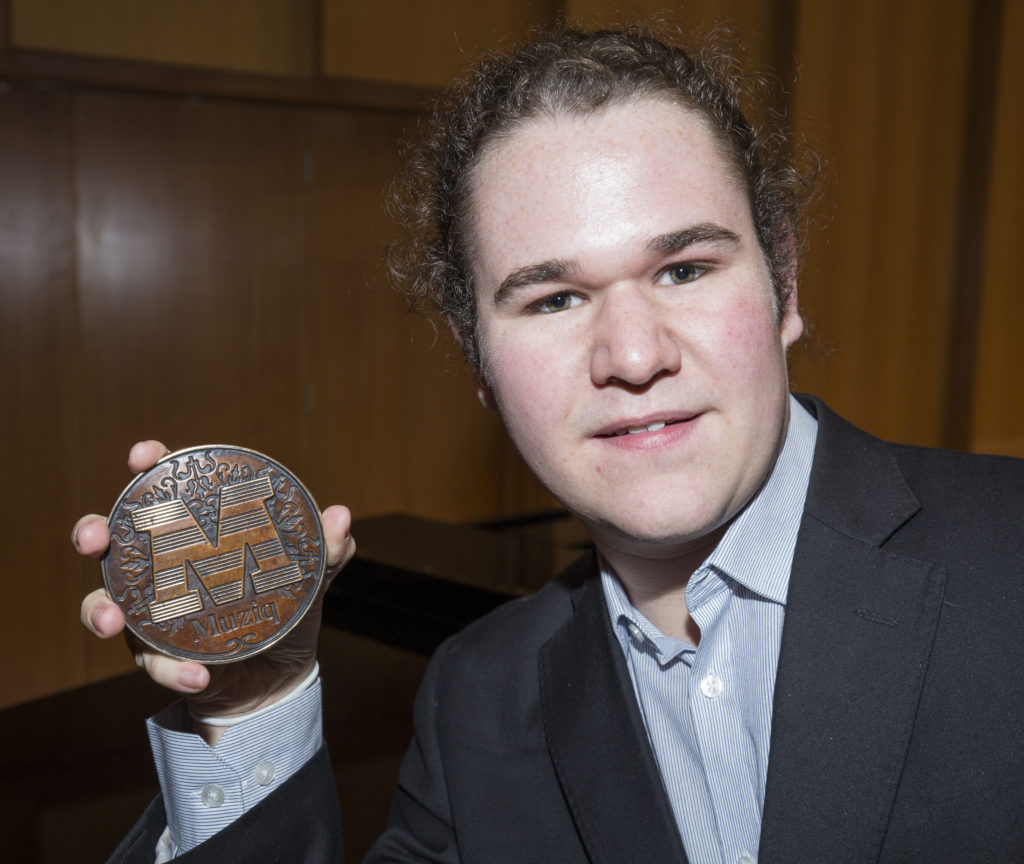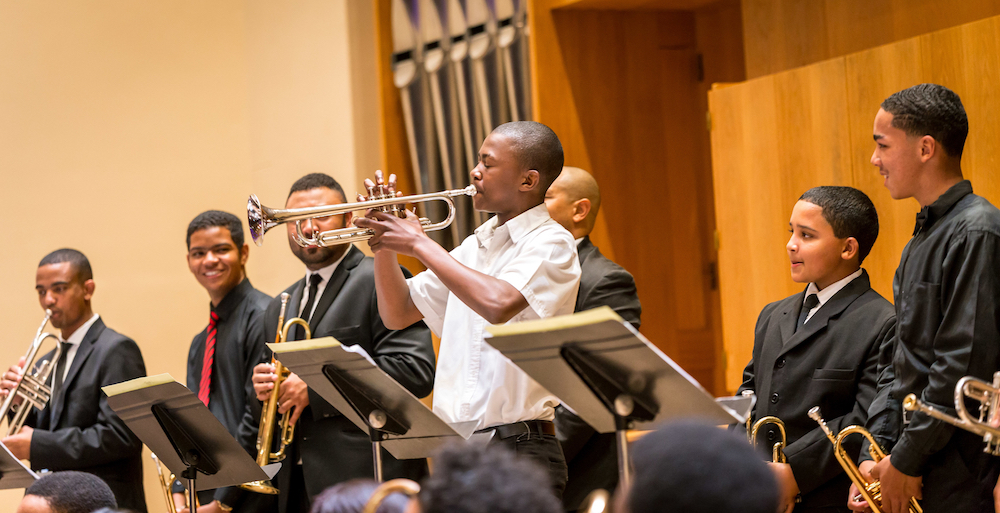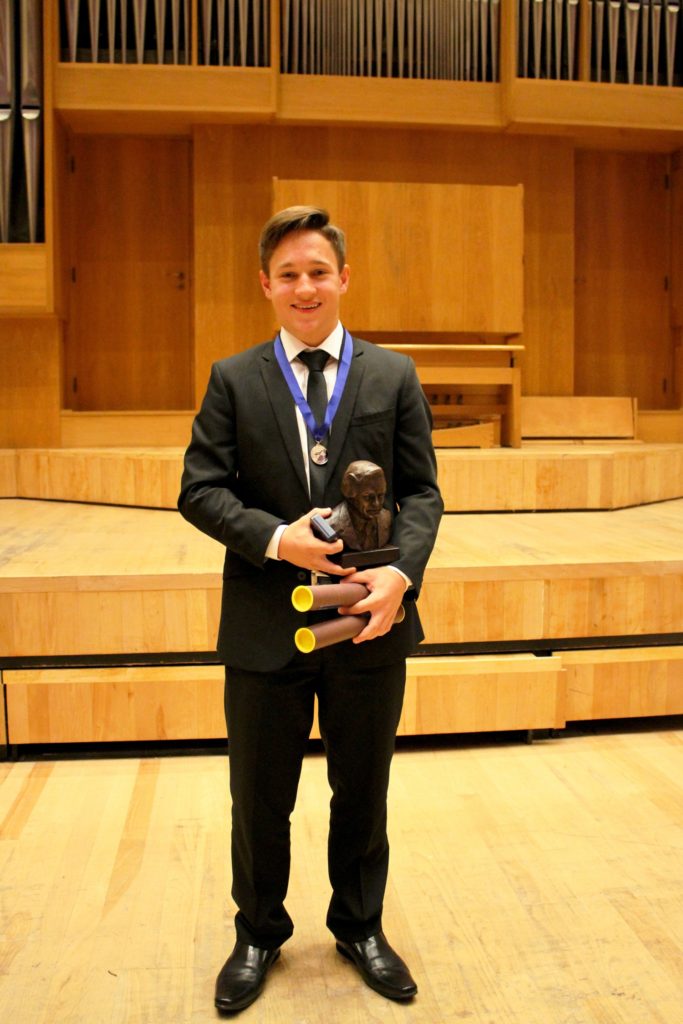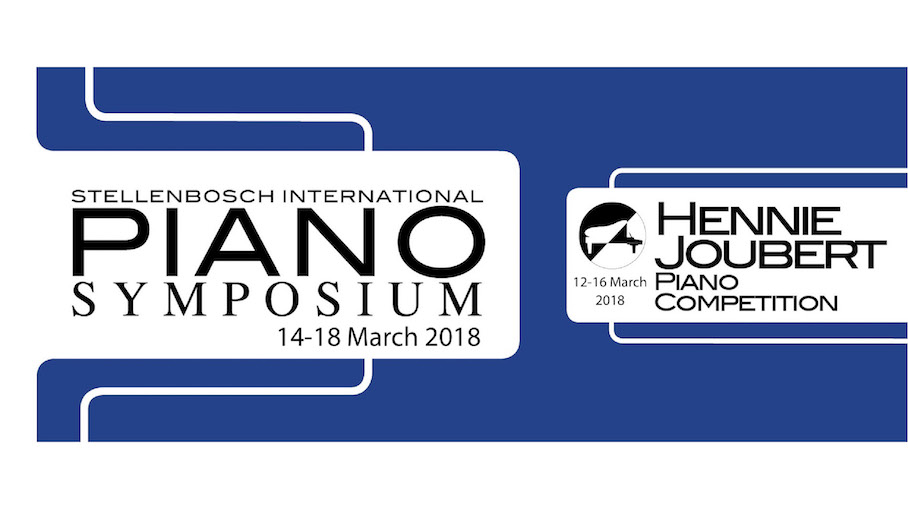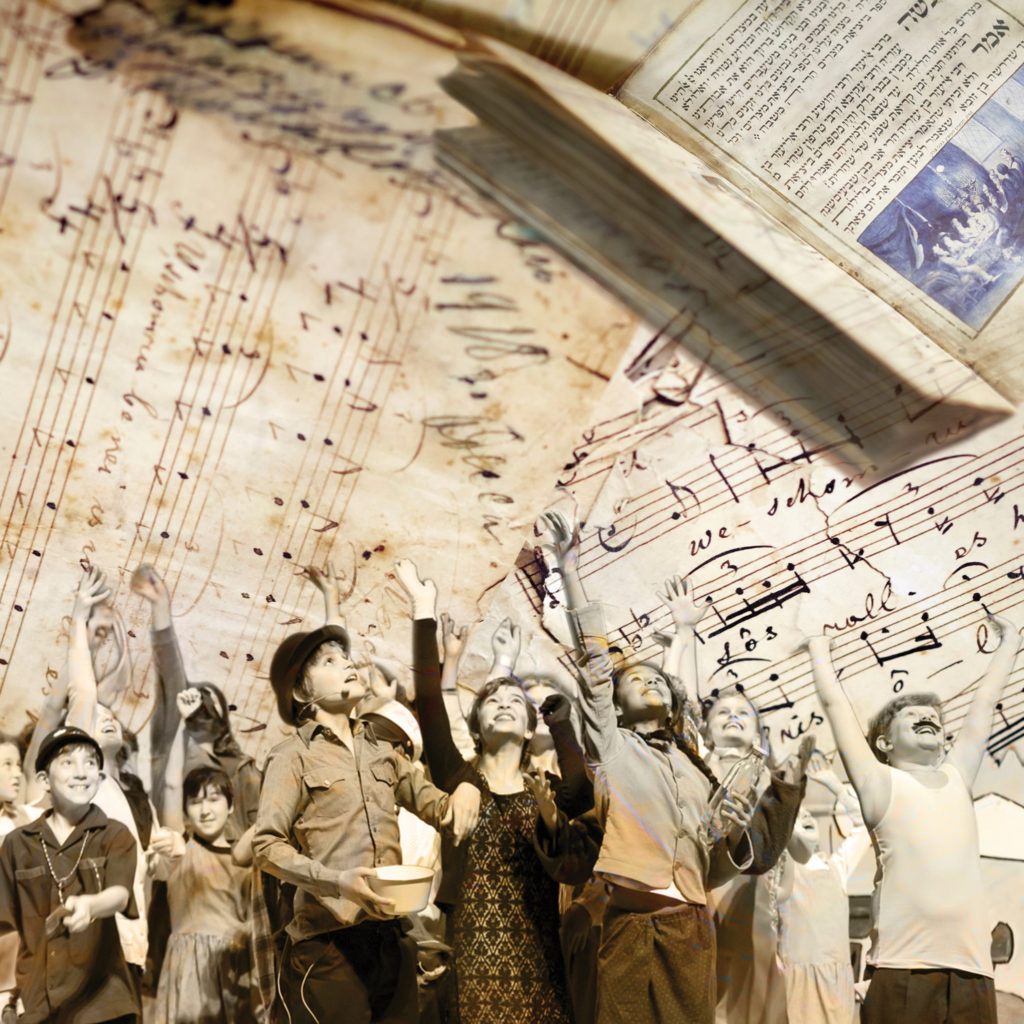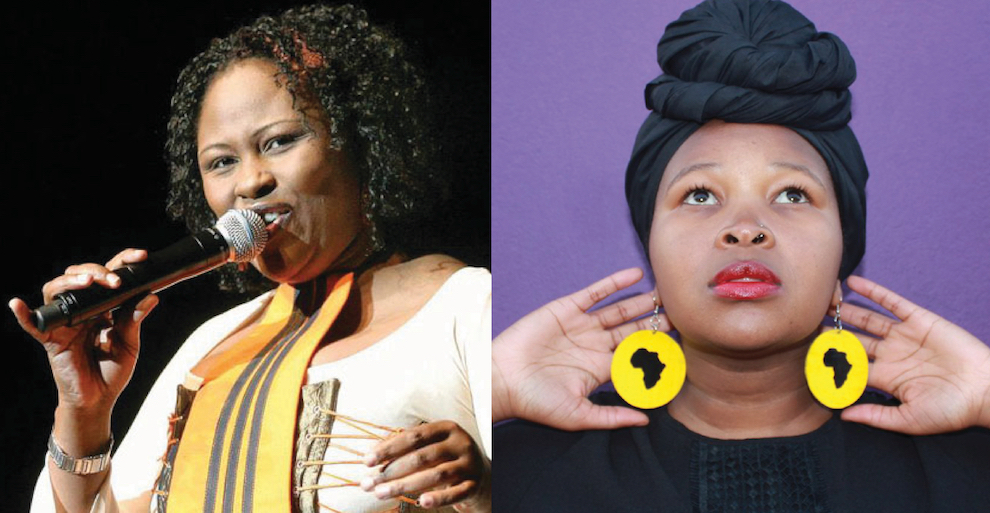The festival Out of the Shadows: Rediscovering Jewish Music and Theatre that utilized numerous performance venues in Cape Town and Stellenbosch from 10 to 17 September this year was by all accounts a tremendous success. The festival was the finale in a series of festivals that took place in Leeds & York (UK), Wisconsin-Madison (USA), Prague, Pilsen & Terezin (Czech Republic) and Sydney (Australia). All performances were in some way or another outcomes of the project Performing the Jewish Archive (PtJA), sponsored by the UK Arts and Humanities Research Council. Included in the project’s 25 international partner organizations were the Cape Town Holocaust Centre, the Cape Town Philharmonic Orchestra, UCT and Stellenbosch University. Stellenbosch University’s participation affirms the excellent international reputation that this institution enjoys through its Music and Drama Departments.
The project seeks to rediscover lost or forgotten performance-related artefacts from the Jewish ghettos and camps of World War II, many of which were melting pots of artistic creativity. Plays, texts, scripts and music manuscripts came to light, and we saw a number of gems being given their world premieres right here on our stages. Altogether Stellenbosch and Cape Town hosted 14 performances including 11 world premieres at 9 different venues.
Both Sydney and Stellenbosch were entrusted with a touching comedy, Prinz Bettliegend, which was reconstructed following the discovery of the musical numbers and the gathering of Holocaust survivor witness testimonies by PtJA researcher Dr Lisa Peschel. Both performances (Stellenbosch and Cape Town) were sold out and the SU drama students under the direction of Amelda Brand brought tears to, and drew rapturous applause from, the distinguished PtJA team and audience alike. SU staff member, Leonore Bredekamp who has one foot in the Drama Department and another in the Music Department was musical director and bass guitarist for this production. The band, facilitated by the Music Department’s director of Certificate Programmes, Felicia Lesch, included SU students Throy Petersen (piano), Kristi Boonzaaier (clarinet), Bradley Martin (violin), Esra Januarie (drumkit) and US Alumnus Leon Oosthuizen (accordion).
An exhibition of our own Jewish Archive set up in part in our Music Library and in part in the Behrens Foyer was prepared by Santie de Jongh. This exhibition complemented an impressive and deeply moving pop up exhibition from Leeds University that travelled to the various performance venues. The immense amount of scholarly research that went hand in hand with the creative work was also highlighted at a colloquium in the Jannasch Hall. Discussions emanating from this colloquium were continued at a symposium at the Kaplan Centre for Jewish Studies at UCT. Stellenbosch University Music Department personnel were well represented, not only at its own venues, but also at UCT and other Cape Town venues. Notable performances amongst others given by SU Music Department staff members included a recital of songs and piano music by Viktor Ullmann preceded by a selection of short pieces by the 12-year-old Josima Feldschuh, as well as chamber music by Wilhelm Grosz, Werner Baer and Walter Wurzburger. Staff members, Dr Pieter Grobler (piano), Minette du Toit Pearce (alto), Jolene Auret Kappis (soprano) and Peter Martens (cello) performed alongside Cape Town’s finest musicians. After the opening event in the Gardens Shul, Red Riding Hood – a children’s opera by Wilhelm Grosz – was performed at the Hugo Lambrechts auditorium, and the final performance of choral music by a diversity of Holocaust composers featuring the Cape Soloists Choir in Erin Hall, Cape Town, we were represented by our students, alumni and ad-hoc staff members: Colette Brand (Cello), David Bester and Piet de Beer (violin), Visser Liebenberg (clarinet), Myles Roberts (Flute) and Roxane Steffen (double bass). No fewer than 12 SU and SICMF alumni participated as members of the Cape Town Philharmonic Orchestra in an historic performance of Grosz’s Serenade, a large orchestral work that featured in this concert in the Cape Town City Hall alongside Richard Strauss’s epic tone poem Also Sprach Zarathustra. According to the Australian PtJA researcher, Joseph Toltz, “This concert was the first in living memory to hear one of Grosz’s early, large-scale orchestral compositions.” It was last played by the Vienna Philharmonic under under Felix Weingartner in the 1920s.
On the one hand, PtJA seeks to give a voice to composers, playwrights and poets suppressed or destroyed by the Holocaust, and on the other hand, seeks to bring remembrance and commemoration through the reconstruction of a people’s forgotten legacy through music and drama. To this end composition students from both UCT and SU were given wartime Jewish texts to set to music. New music was created by these students, thereby giving the texts fresh wings with which to fly and grace parts of the world that may never have heard them otherwise.
According to the pre-eminent South African composer, Jeanne Zaidel-Rudolph, “The symposia and concerts were of the highest level of musical and intellectual quality… the outstanding highlight was the unbelievable level and quality of the new compositions produced by the Stellenbosch and UCT students… Having been a professor of composition at Wits University for many many years, I can safely say that these students acquitted themselves publicly on the highest level – and to such an extent that the Leeds University organisers have committed to including these new compositions in their archive to be performed internationally. …without the composers, there are NO musicologists nor performers – these young composers are a CRITICAL element in the sustainable MUSIC-ECO system. You can be extremely proud of the work they produced.”
Prof Henrik Hofmeyr from the S.A.C.M. at UCT “was most impressed by the works created by the Stellenbosch Composition students. The results certainly speak of a thriving Composition class, and reflect most positively on the Music Department and the University as a whole.”
The student compositions were indeed excellent – every single one of them – and each in a different way. I was of course deeply involved in the whole festival so perhaps that increased my sensitivity here, but nevertheless, there were moments whilst playing the student compositions that I felt the same reverence that I feel when playing a quartet by Schubert or Beethoven. I know that all the performers feel that if they were asked to play any of these works again, they would accept in a heartbeat.
The Department of Music at Stellenbosch University has produced a long line of internationally recognised and lauded composers. The first crop of distinguished composers from the early decades of the 1900s included F.W. Jannasch, a founder staff member of the institution, Arnold van Wyk and Hubert du Plessis. Notable composers to be counted amongst our staff and alumni since include Roelof Temmingh, Hans Roosenschoon (current Professor of Composition at the Dept of Music), Bongani Ndodana-Breen, Hans Huyssen and Hendrik Hofmeyr. In recent years, the Department has also enjoyed a fruitful association with Trevor Jones, a South African born international film music composer of Hollywood fame. Stellenbosch University students who composed works for the Jewish Archive include Kelsey Muller, Jesse Dreyer, Carlie Schoonees, Natalie Frenz and Leonore Bredekamp. Leading this new generation of Stellenbosch composers are Arthur Feder and Antoni Schonken. Whilst the facilities at the Stellenbosch University Department of Music are well equipped to continue this legacy, one cannot but be apprehensive about prospects threatened by increasing financial cuts.
When Sir Winston Churchill was advised by a member of his cabinet to take from the budget of Arts and Culture to service a shortfall in the war budget, he refused and retorted, “Then what are we fighting for?” Perhaps Leeds University’s flagship project Performing the Jewish Archive, was timeously sent to provide the impetus for the next great wave in the history of Stellenbosch University’s impressive composition portfolio. At the very least, it provided an internationally-recognised local platform that showcased the impressive potential we have here.
On Saturday 30 September, the University of Stellenbosch Symphony Orchestra honoured prof Roosenschoon, who will retire at the end of this year, with a touching performance of his work Vier gebede (2004). Like those of his students who composed for the Jewish Archive, this work of his was a setting of a most profound text.
In response to a request for comment on the Jewish Archive project, Prof Hans Roosenschoon wrote, “Let our mindfulness and being in the world never be silenced again by inhumane annihilation. Let us listen to others…….”
For more on the PtJA project, its illustrious team of researchers and video recordings of all the South African performances, please see www.ptja.leeds.ac.uk.
Peter Martens
10 October 2017

